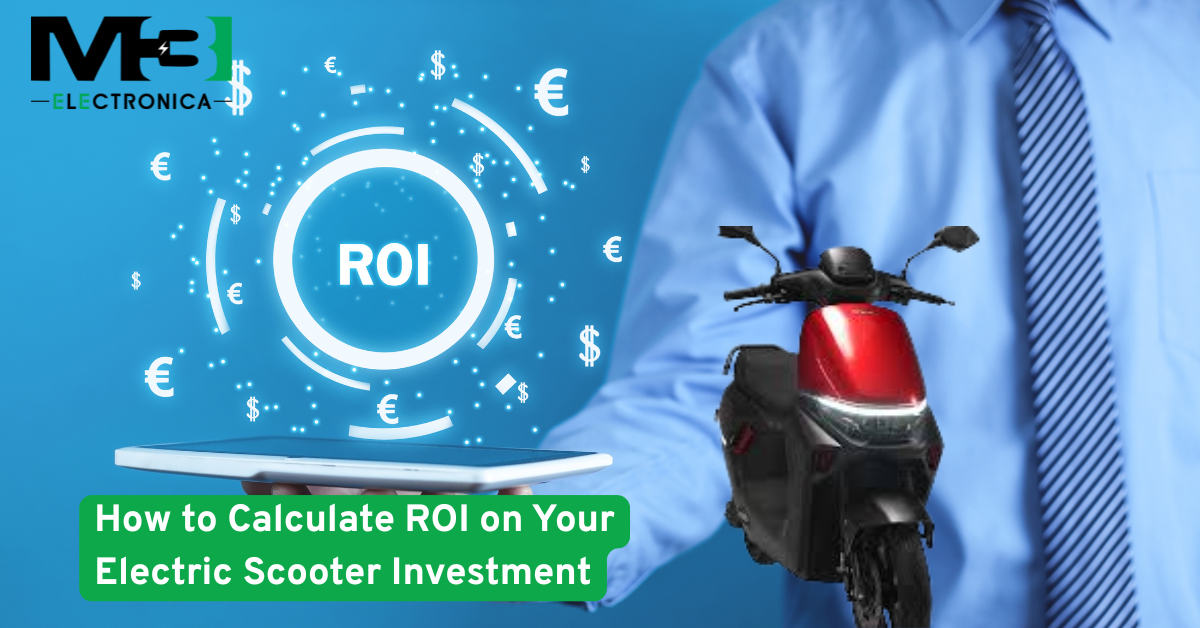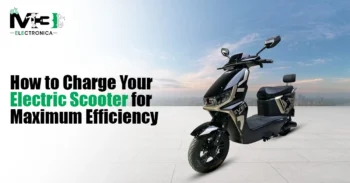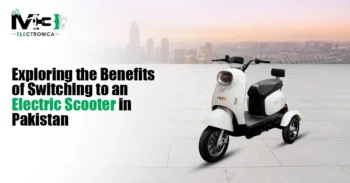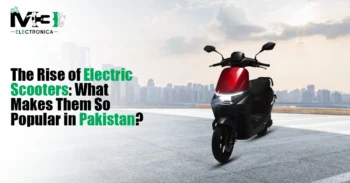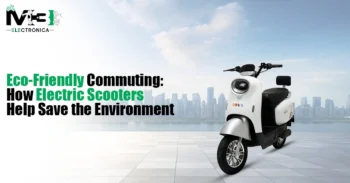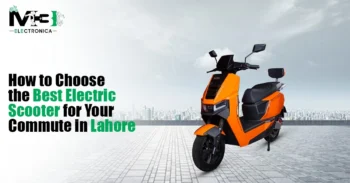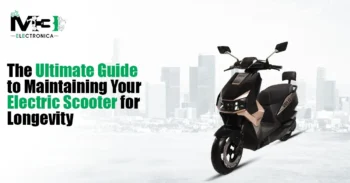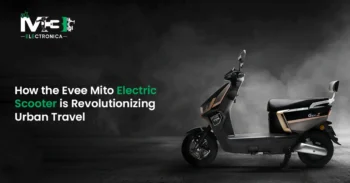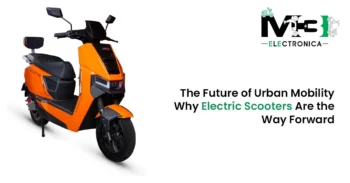With fuel prices on the rise and city traffic becoming more frustrating by the day, more and more Pakistanis are switching to electric scooters. Whether it’s an Evee S1, Ramza A700 Commander, or GEN-Z Pro, one major question remains: Is it really worth it financially?
In this blog, we’ll break down exactly how to calculate the Return on Investment (ROI) of your electric scooter purchase — so you can see how quickly it pays for itself compared to a petrol bike.
📊 What Is ROI?
ROI (Return on Investment) is a simple way to measure how much profit or savings you get compared to what you spent.
Formula:
ROI = (Net Savings / Total Cost) × 100
For electric scooters, ROI is mostly calculated through cost savings over time (fuel, maintenance, and operational costs) instead of direct profit.
💸 Step-by-Step Guide to Calculating E-Scooter ROI
Let’s walk through the calculation using an example with real numbers based on common usage in Pakistan.
🛵 Step 1: Total Cost of the Scooter
Let’s say you buy an Evee S1 Pro from M3 Electronica for Rs. 235,000.
Initial Cost = Rs. 235,000
You might also spend a few thousand on accessories (helmet, lock, cover), but for simplicity, we’ll stick to the main scooter cost.
⛽ Step 2: Monthly Savings on Fuel
Petrol Bike:
-
Average monthly fuel cost for a bike: Rs. 10,000–12,000
Electric Scooter:
-
Monthly charging cost: Rs. 800–1,200, depending on usage and electricity rate
Let’s assume:
Fuel Savings per Month = Rs. 10,000 – Rs. 1,000 = Rs. 9,000
Annual Fuel Savings = Rs. 9,000 × 12 = Rs. 108,000
🔧 Step 3: Maintenance Savings
Petrol bikes need regular oil changes, filters, tuning, spark plugs, etc.
-
Yearly maintenance for a petrol bike: Rs. 15,000–20,000
-
Maintenance for electric scooters is minimal: Rs. 3,000–5,000
Let’s assume:
Annual Maintenance Savings = Rs. 15,000 – Rs. 4,000 = Rs. 11,000
🧮 Step 4: Total Annual Savings
Total Yearly Savings = Fuel Savings + Maintenance Savings
= Rs. 108,000 + Rs. 11,000 = Rs. 119,00✅ Step 5: Calculate ROI
Now apply the formula:
ROI = (119,000 / 235,000) × 100 = 50.6%
That means your electric scooter pays back over 50% of its cost in the first year alone. Within 2 to 2.5 years, it will have fully paid for itself — and everything after that is pure savings.
📅 Break-Even Period
The break-even period is how long it takes for your scooter to pay for itself through savings.
Break-even time = Total Cost / Annual Savings
= Rs. 235,000 / Rs. 119,000 ≈ 1.97 years
So, in just under 2 years, your investment starts delivering net financial returns.
🔄 What Factors Affect ROI?
-
Distance traveled daily – More usage = higher savings
-
Local fuel prices – Higher prices increase ROI
-
Electricity cost – Lower rates = better ROI
-
Battery quality – Longer-lasting batteries offer higher long-term value
-
Scooter maintenance – Proper care boosts ROI by avoiding costly repairs
🌿 Bonus: Environmental ROI
While this blog focuses on financial ROI, there’s also an environmental return — reduced emissions, less noise pollution, and cleaner air in cities like Lahore and Karachi. That’s a return you can’t put a price on!
🛍️ Ready to Invest?
Looking for a high-ROI scooter? Check out models like the Evee S1, S1 Pro, and Ramza Commander at M3 Electronica. With advanced features, low operating costs, and smart controls, these scooters are perfect for urban Pakistan.
✅ Final Thoughts
Switching to an electric scooter isn’t just a lifestyle choice — it’s a financially smart move. With over 50% ROI in the first year, you’ll save big on fuel and maintenance, while enjoying a smoother, quieter ride.
So the next time someone asks, “Is an electric scooter really worth it?” — you’ll have the numbers to prove it.

